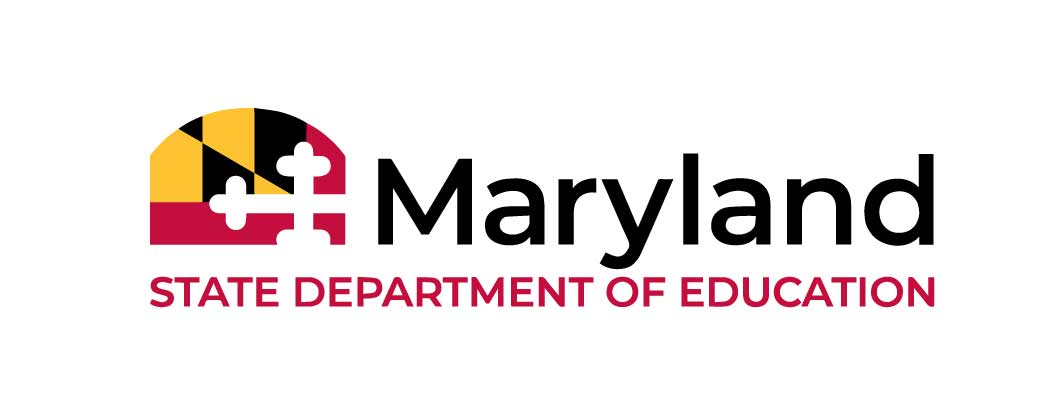Transition Talks: Preparing Students for Competitive Integrated Employment

Competitive Integrated Employment is real work for real pay in a job that aligns with the post-school employment goals of the student. As families, schools, Vocational Rehabilitation (VR) agencies and other partners engage in transition planning with students, it is important to understand that employment looks different for each student. Competitive integrated employment options should be individualized and align with each student’s interests, preferences, skills, and support needs; and with the labor market needs of businesses.
Supported Employment is a type of competitive integrated employment and is defined as individualized (i.e., consistent with individual’s strengths, abilities, interests) competitive employment in an integrated work setting for individuals who need intensive support services to perform the work involved. In assisting students to achieve competitive integrated employment, one strategy that can be used is developing a customized employment opportunity for the student. Customized Employment is defined as individualizing the employment relationship between employees and employers in ways that meet the needs of both.
Education and VR both have key roles and responsibilities in helping students achieve competitive integrated employment. VR, in partnership with Education, is also required to provide pre-employment transition services designed to prepare students with disabilities for competitive employment.
Spotlight
Way2Work Maryland
Way2Work MD is a partnership between the University of Maryland’s Center for Transition and Career Innovation (CTCI) and DORS through MSDE. It is a project designed to improve the academic and career success of students with disabilities in Maryland through work-based learning experiences. The project serves students with an IEP or a 504 Plan who will complete high school in 2019 or 2020.
Their goal is to help students:
- Find work (volunteer work, internships, and paid jobs) that match their interests, skills, and abilities
- Complete high school and plan for their future careers
- Learn how working while still in HS can increase income later on
Way2Work is a research study working with students from Anne Arundel, Carroll, Cecil, Charles, Frederick, Harford, Washington, and Worcester counties.
Questions to Consider
- Why is it important that work-based learning experiences be based on individual student’s interests and relate to postsecondary goals?
- How can you develop supported employment and customized employment opportunities for your students?
- What partners can you work with to prepare students for competitive integrated employment?



